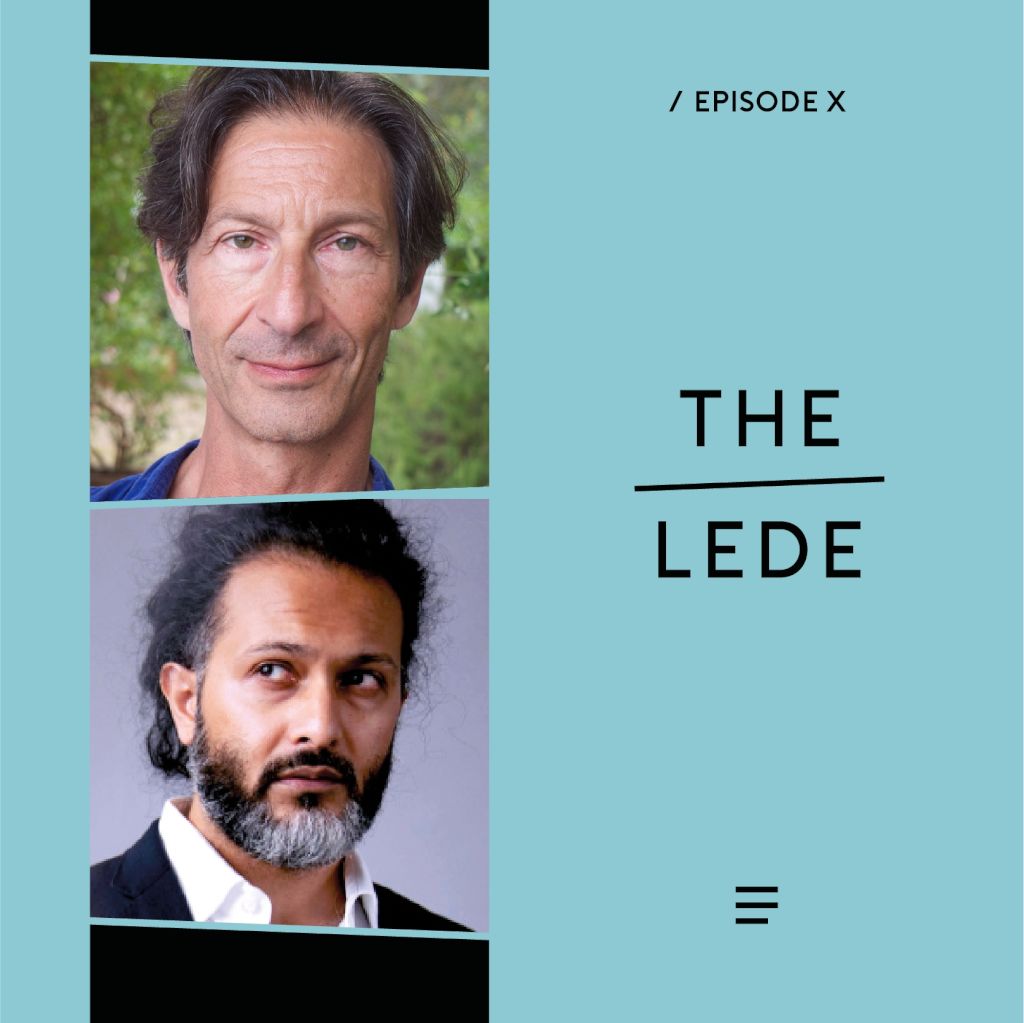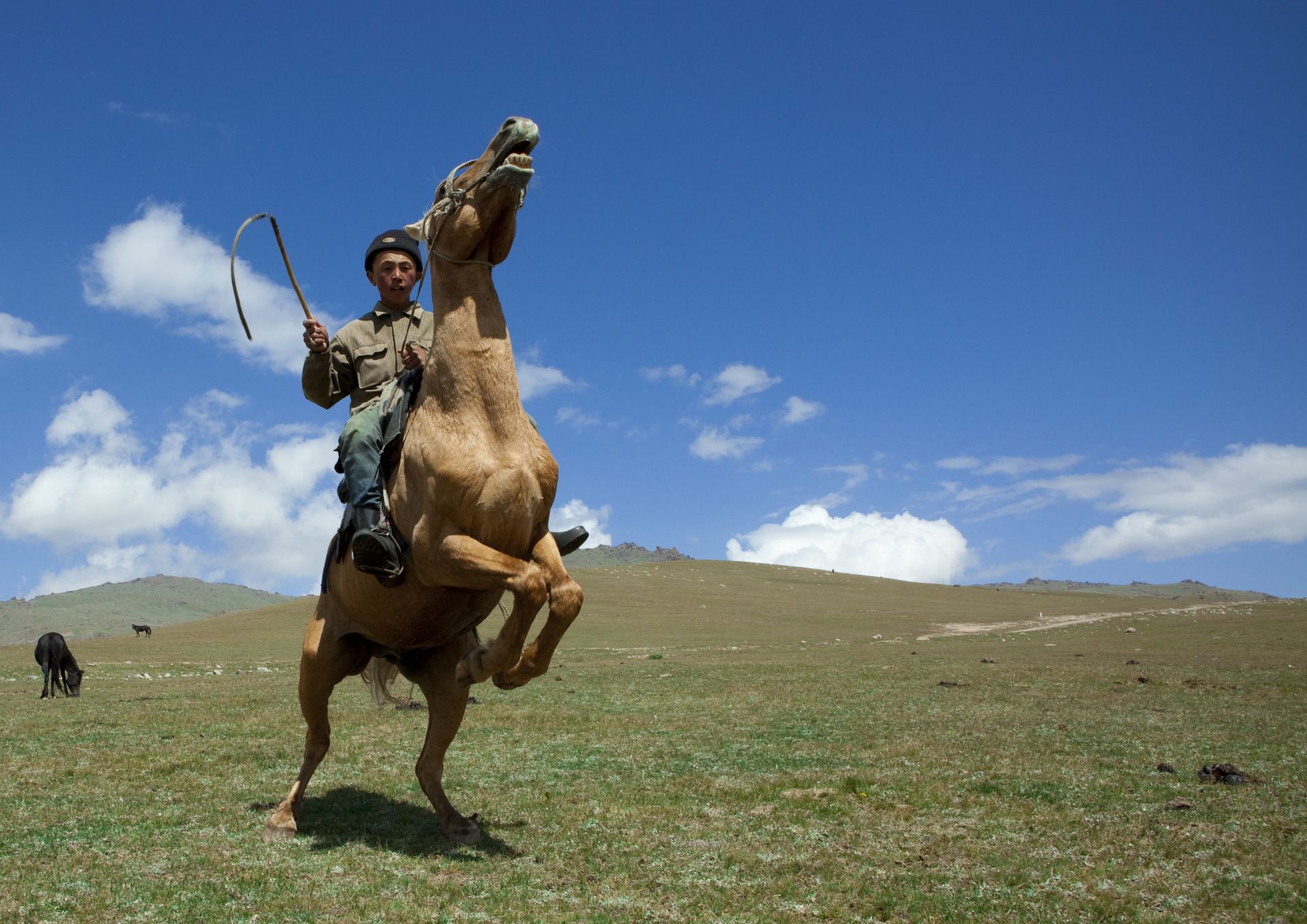For thousands of years, most humans were nomads, living their lives on the move. They were raiders and traders, herder and hunters — and conquerors. From Genghis Khan to Osman I, nomads changed the course of history on countless occasions. And yet, says historian and travel writer Anthony Sattin, we still tend to underestimate their influence on history.
“Our histories glorify people who build monuments,” he tells New Lines’ Faisal Al Yafai. “We don’t tend to value tribes in the Amazon, for instance, who didn’t chop down their forests, who maintained an equilibrium and flourished without disturbing the ecological balance in their world.” Plenty of nomad cultures have been literate, but on the whole, most of the societies keeping substantial written records were sedentary societies. Traditionally confined by historians to anecdotes and afterthoughts, oral histories recently have been recognized as just as useful as written histories for reconstructing the past. “The stories are still being told, but the research hasn’t been done,” says Sattin.

“Half of our story is missing, because for most of human history nomads have been half of our story, and yet they’re not in our books.”
Those past biases come at a huge cost to our understanding of history, Sattin says: “I don’t think we can know who we’re going to become unless we know who we were, and half of our story is missing, because for most of human history nomads have been half of our story, and yet they’re not in our books.”
Although the exact number is impossible to pinpoint, according to official estimates, about 40 million people continue to live nomadic lifestyles today — a population comparable to that of Poland or Spain. But nomads often find themselves marginalized by modern nation-states, who tend to be suspicious of itinerant lifestyles: “It’s quite difficult to control and tax people who aren’t of fixed abode.”
This suspicion is misplaced, says Sattin, who argues that elements of the nomadic way of life should be embraced instead. “I’ve met a lot of nomads in North Africa, Asia and elsewhere,” he says. “I’ve never met a nomad who wanted to have more, in terms of possessions. But I’ve met an awful lot of people who live in cities who wish they lived more lightly.”
“This is not to lessen the huge achievements of settled society,” he adds. “I do live in a home.”
Produced by Joshua Martin and Christin El-Kholy


